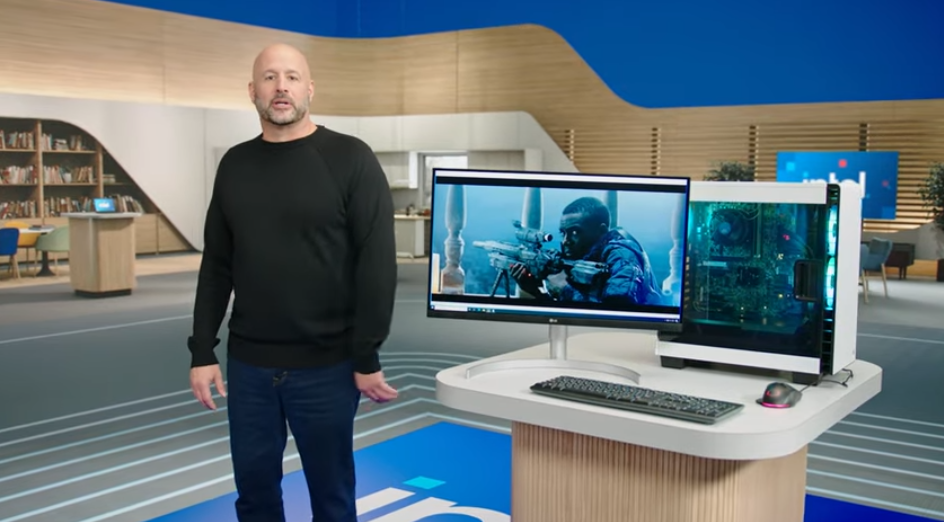Intel’s revolutionary 10nm Alder Lake CPU rumoured to be go for September
Total technological makeover within months of ‘new’ Rocket Lake chips

Intel’s revolutionary new Alder Lake CPU will launch in September in desktop ‘S’ format, complete with a new socket, new chipset, DDR5 support and an upgrade to PCIe 5. So says hardware site Uniko’s Hardware (via Videocardz). If true, you might want to think twice about investing in that Intel Rocket Lake rig in a few months.
While this report is an unconfirmed rumour, it fits with an official statement from Intel just a few days ago indicating that production of 12th Gen Alder Lake will ramp up in the second half of this year. It would also mean Intel’s upcoming 11th Gen Rocket Lake architecture, due to arrive in March, will have an extremely short tenure as Intel’s premier technology for desktop PCs.
As we’ve reported previously, Alder Lake promises to be a radical departure for Intel thanks to a bold new hybrid architecture. Long story short, Alder Lake will have both high performance and high efficiency cores, an approach that’s been seen in smartphone chips for years and is also used by Apple’s M1 processor.
What’s not clear is whether the Windows operating system is truly ready for such an architecture and if, indeed, there’s any real benefit to the high efficiency cores in a desktop context. Of course, Alder Lake is set to be a big jump in other regards, too. Upgrade to both DDR5 memory and the next-gen PCI Express 5.0 interface are expected to be in the mix.

Best CPU for gaming: the top chips from Intel and AMD
Best graphics card: your perfect pixel-pusher awaits
Best SSD for gaming: get into the game ahead of the rest
What’s more, Alder Lake will also require a new socket with a big uptick in pins from the current LGA1200 item to LGA1700. A new Intel 600 series chipset family is also expected, plus a move, at last, from 14nm to 10nm production technology, making Alder Lake pretty much a total makeover.
With all that new technology, the question is what role there is for Rocket Lake. With Rocket Lake also comes a new chipset and a long overdue upgrade from PCI Express 3.0 to 4.0 spec. But if there’s a whole new architecture with a socket that breaks backwards compatibility coming just six months later, does that take some of the shine off Rocket Lake?
Newer, better, faster CPUs down the road are an inevitability. And Rocket Lake may end up being offered in parallel to Alder Lake for some time. But Rocket Lake does look like it might be particularly short lived, at least in terms of its status as Intel’s top desktop dog.
Keep up to date with the most important stories and the best deals, as picked by the PC Gamer team.

Jeremy has been writing about technology and PCs since the 90nm Netburst era (Google it!) and enjoys nothing more than a serious dissertation on the finer points of monitor input lag and overshoot followed by a forensic examination of advanced lithography. Or maybe he just likes machines that go “ping!” He also has a thing for tennis and cars.

